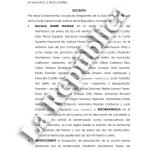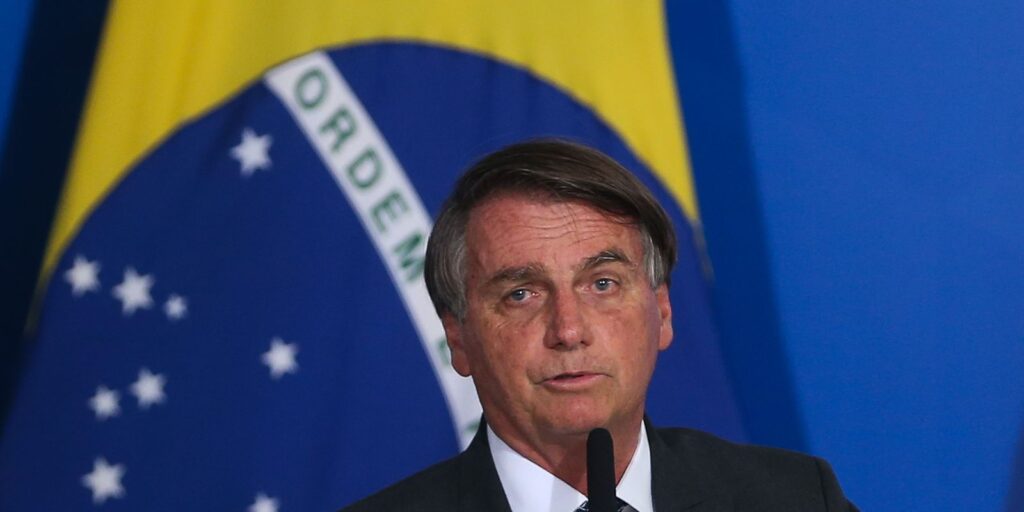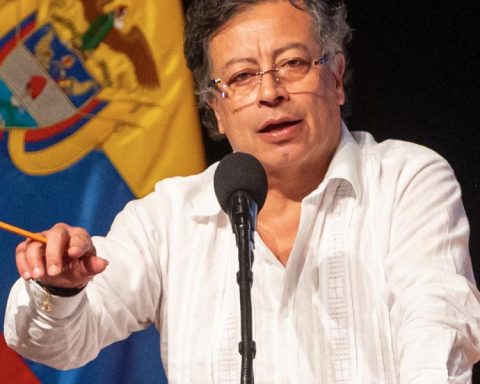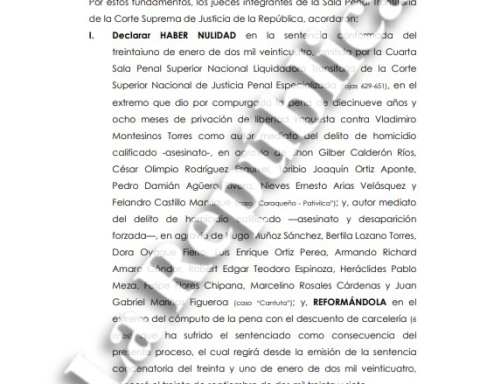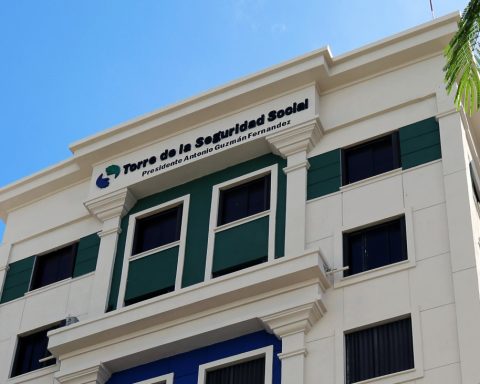One of the conclusions reached in the Environment Commission, where the situation of Quintero and Puchuncaví was addressed, was that the current environmental regulations are inefficient, outdated and do not prevent the occurrence of intoxication events.
Given this, the head of the portfolio, Maisa Rojas, indicated that, despite the fact that the companies complied with the established limits, this only contributes to lowering the levels of contamination, but not avoiding damages to the health of the inhabitants of the area.
This is why the senators of said commission asked the Executive to give urgency to a series of bills that will be presented, and to others that have already been presented.
in conversation with Radio BioBiothe Democratic Revolution senator and member of the instance, Juan Ignacio Latorre, stated that the current decontamination plan is “lax”.
“Our decontamination plans are very lax. The World Health Organization standard is much more demanding than the Chilean standard, and therefore, the decontamination plans allow a margin of contamination and threat to the population,” he said.
For his part, the mayor of Puchuncaví, Marcos Morales, pointed out that the background they have since the first episode of intoxication occurred in the sector, allows them to ensure that the State has abandoned the inhabitants of their commune.
“Given the number of environmental episodes from 2014 onwards, it can be sustained, with serious precedents, that the State of Chile has systematically violated the fundamental rights of the inhabitants of the commune by not adopting harsher and more concrete measures than force the Quintero-Puchuncaví energy cord to generate sustainable production processes with a tightening of environmental regulations,” he said.










